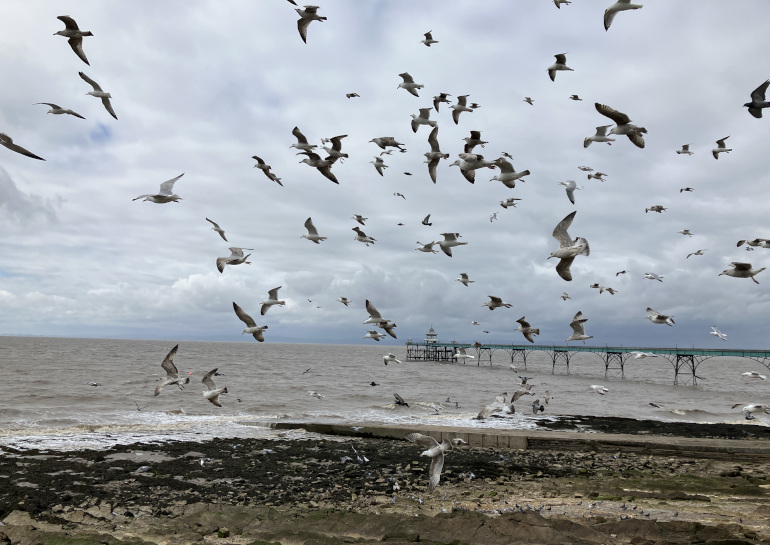 Do you live in North Somerset and write fiction? If so, I urge you to enter Clevedon LitFest’s Short Fiction Competition.
Do you live in North Somerset and write fiction? If so, I urge you to enter Clevedon LitFest’s Short Fiction Competition.
Open to North Somerset postcode residents only, age 19 years or above.
Prizes
- 1st Prize is £100
- 2nd is £75
- 3rd is £50
One short story no longer than 500 words can be submitted.
Closing date = 12th August 2024 at 11.59pm BST.
Entry fee £5 (when paying please give the same email address as that used to submit your entry).
Your entry can only be submitted by email, as an attachment, using the email
address given when you paid your entry fee.
Find the rules and full details here.
Julie Davies won the inaugural Clevedon Literary Festival short story competition with her story Remembrance in 2023. She says: “Winning the Clevedon LitFest Short Story Competition was a huge boost to my confidence as a writer. It’s a badge of validation I wear with pride. Also, it funded a whole new stack of books for my reading pile, thanks to the generous prize money!”
Your judges
 Jackie Hales moved to Clevedon in 2022 and is thoroughly enjoying being involved with local writing, reading, singing and walking groups. Before retiring, she taught Creative Writing modules, and back in the 1990s, she was a Poetry Guild national semi-finalist.
Jackie Hales moved to Clevedon in 2022 and is thoroughly enjoying being involved with local writing, reading, singing and walking groups. Before retiring, she taught Creative Writing modules, and back in the 1990s, she was a Poetry Guild national semi-finalist.
Jackie’s Her début novel was published in 2022, with her second due for release in August 2024. She has also had published memoir, short stories, microfiction and poetry, both online and in print.
She has annually marked a writing competition in Yorkshire, and she enthusiastically judged Clevedon Literary Festival short story competition last year, so she is looking forward to reading this year’s entries.
What Jackie is looking for in Competition entries:
“I’m looking for writing that draws me into its world through originality, impact and engaging characterisation, making me want to read to the end. Language use and structure will be carefully crafted for maximum effect on the reader.”
 Judy Darley is an award-winning writer, editor and creative workshop leader who relocated to Clevedon in December 2023. She is the author of short fiction collections The Stairs Are a Snowcapped Mountain (Reflex Press), Sky Light Rain (Valley Press) and Remember Me To The Bees (Tangent Books).
Judy Darley is an award-winning writer, editor and creative workshop leader who relocated to Clevedon in December 2023. She is the author of short fiction collections The Stairs Are a Snowcapped Mountain (Reflex Press), Sky Light Rain (Valley Press) and Remember Me To The Bees (Tangent Books).
She previously judged competitions for National Flash Fiction Day UK and Oxford Flash Fiction Prize, among others. She won first prize in the New Writers UK Winter Story competition 2024 with her micro-tale A Bright Day.
In her other life, Judy is a Community Manager and helps to run conferences about financial wellbeing.
What Judy is looking for in Competition entries:
“I want to be moved by what I read. Although 500 words is no longer than a flash fiction, that’s enough space to create a story arc. There should be some sense of change in the story, if only in the protagonist. I want to read stories that ignite my imagination and capture my heart!”
Good luck!



 What does it mean when the sea is so still it mirrors each cloud? With no waves to break, and no wind to gust is the sea in fact still the sea?
What does it mean when the sea is so still it mirrors each cloud? With no waves to break, and no wind to gust is the sea in fact still the sea? What does ‘summer’ mean to you? For me it’s days like the one pictured, with skies that look like they’ve been painted, boats on the water and families on the shore. It may not be perfect blues and blazing hot days, but, as we Brits say (when we can) “at least it’s not raining.”
What does ‘summer’ mean to you? For me it’s days like the one pictured, with skies that look like they’ve been painted, boats on the water and families on the shore. It may not be perfect blues and blazing hot days, but, as we Brits say (when we can) “at least it’s not raining.”
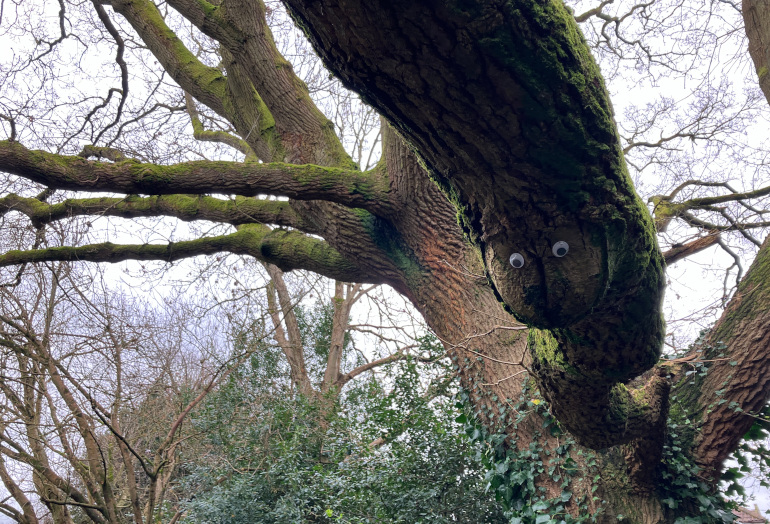
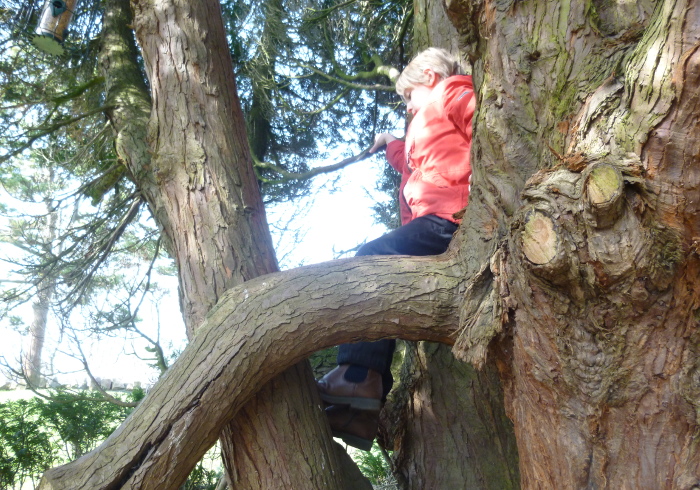
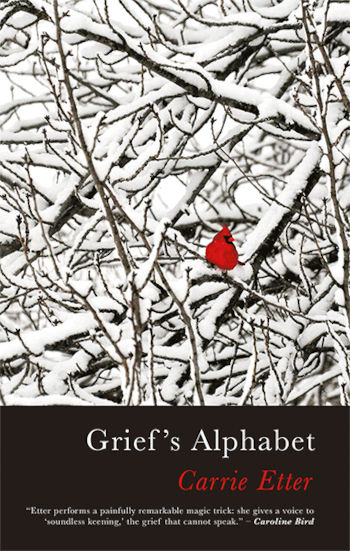 Pinning the memories of several lifetimes to the page and shining up the gut-punch moments that really sum up key relationships is no mean feat, but poet Carrie Etter achieves it with apparent ease. From Birthday as Adoption Day to the soaring hopefulness of Reincarnation as Seed, the poems tug and pull at you like rough weather or the tumble of a hectic family. It makes the passages of stillness even more powerful, as Etter pulls back her arrow and lets it fly to strike with exquisite accuracy into your heart.
Pinning the memories of several lifetimes to the page and shining up the gut-punch moments that really sum up key relationships is no mean feat, but poet Carrie Etter achieves it with apparent ease. From Birthday as Adoption Day to the soaring hopefulness of Reincarnation as Seed, the poems tug and pull at you like rough weather or the tumble of a hectic family. It makes the passages of stillness even more powerful, as Etter pulls back her arrow and lets it fly to strike with exquisite accuracy into your heart.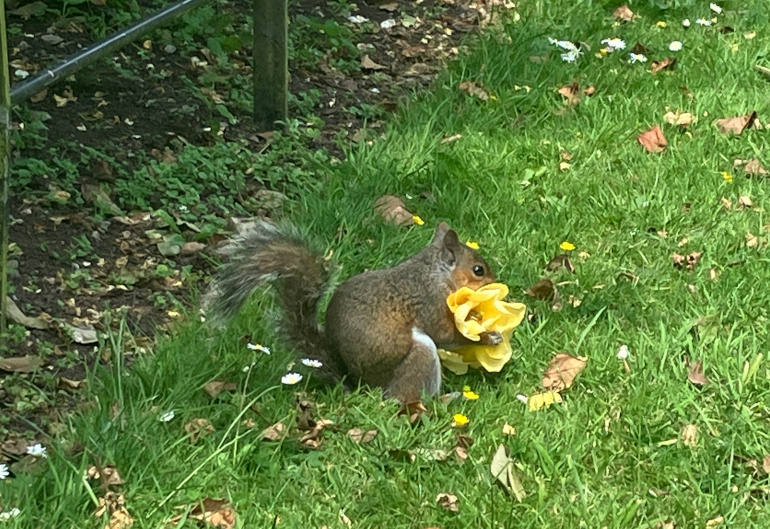
 The Bridport Prize
The Bridport Prize